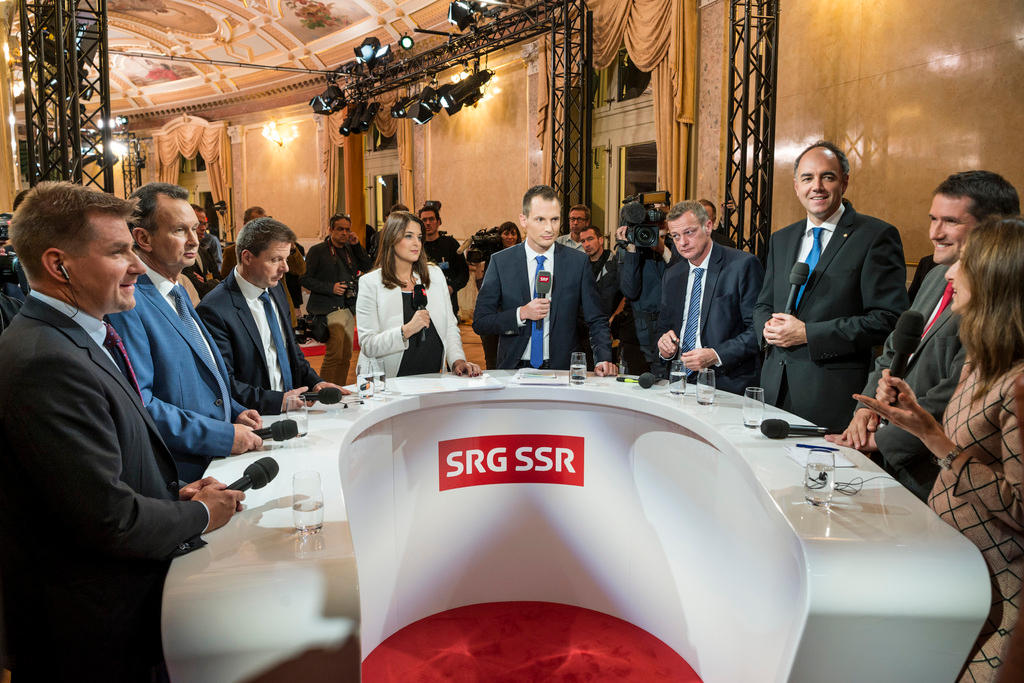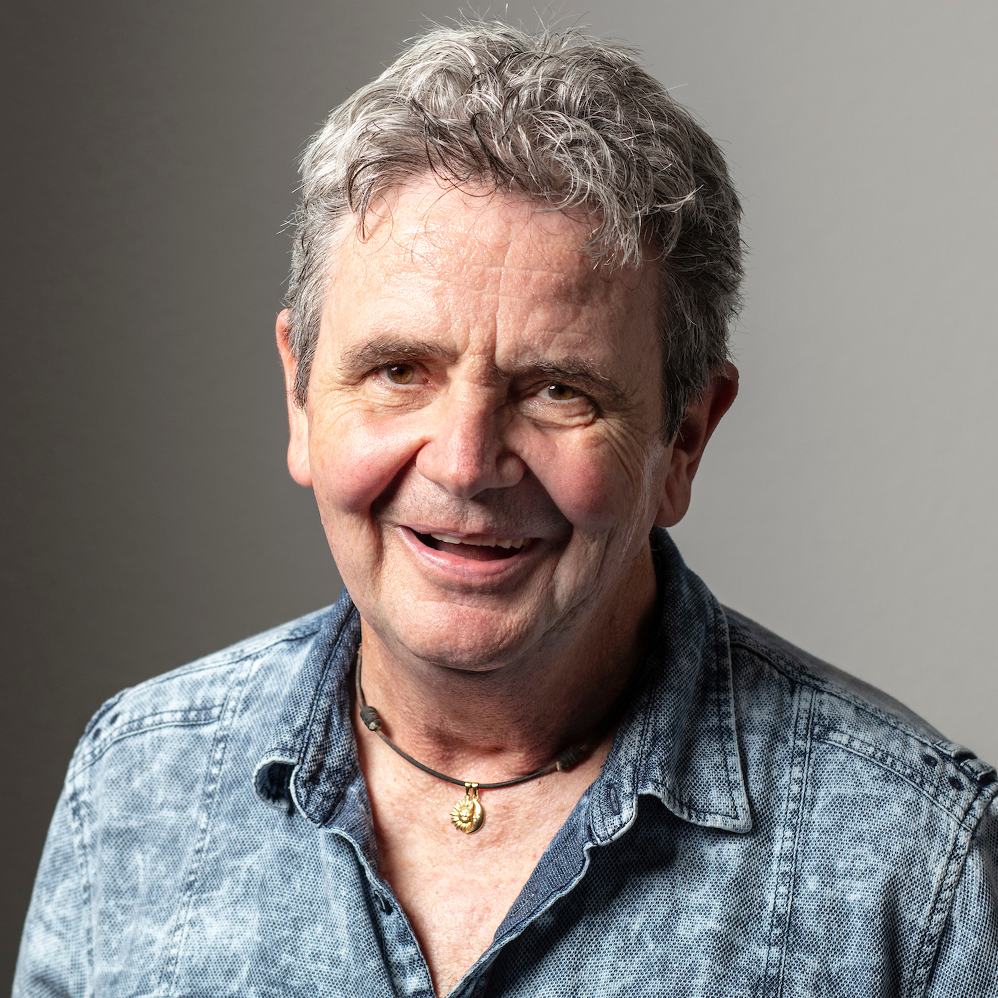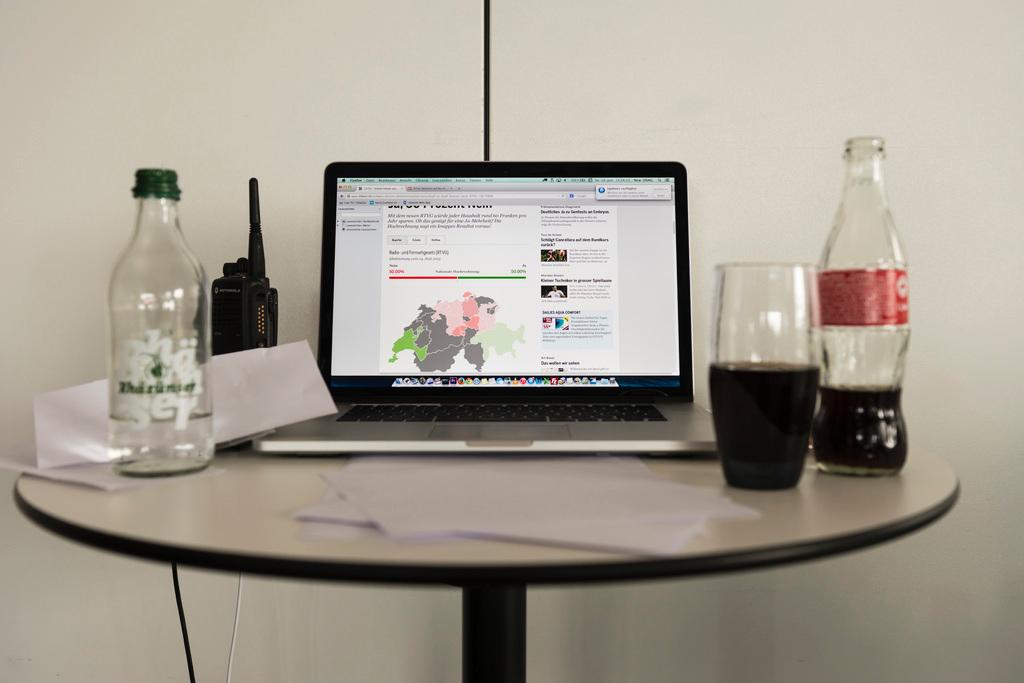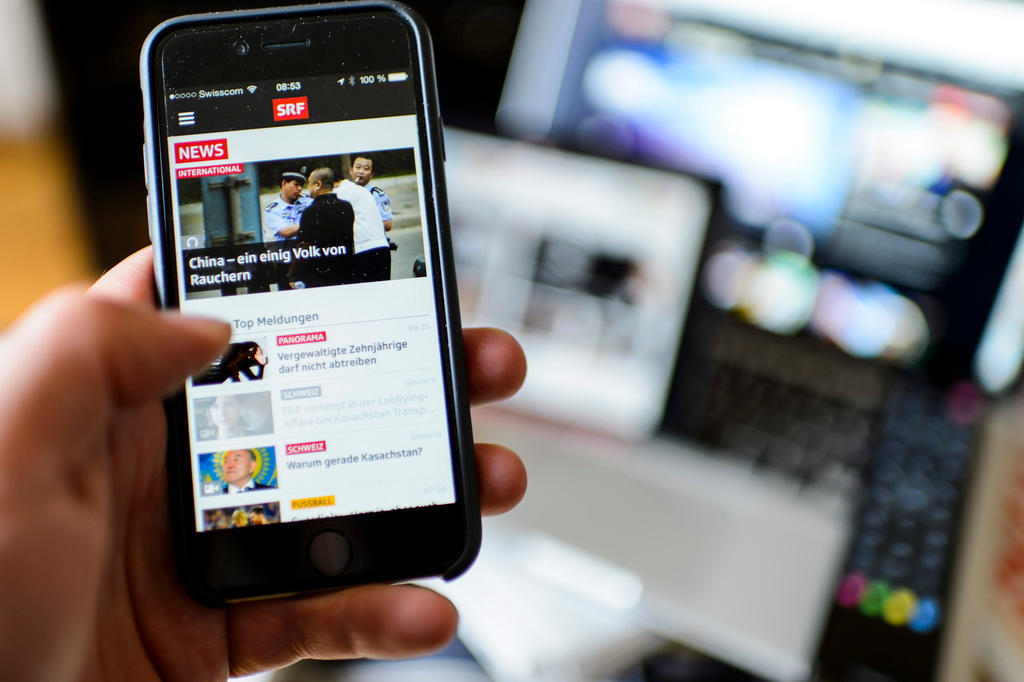Strong public service media are good for democracy

The existence of solid, well-financed public service media is a sign of an equally solid democracy. That’s one of the conclusions of a study led by the European Broadcasting Union (EBU).
The study Trust in Media 2016External link is based on data gathered twice annually as part of the European Commission’s EurobarometerExternal link. The survey was done in 28 EU member countries (before Brexit), as well as five candidate countries (Serbia, Montenegro, Macedonia, Albania and Turkey).
The first finding: radio, whether public or private, is the champion of all categories when it comes to its credibility with citizens. Across the continent, 55% have confidence in radio, though this confidence is somewhat weaker in the Balkans, Greece and Turkey.
Television comes in second, with a confidence index of 48%, followed by newspapers, with 43%.
Only 35% of Europeans as a group trust in the internet, although confidence is a bit more pronounced in Italy and Eastern Europe.
However, all countries taken into account in the study, except Albania, distrust information disseminated by social media, where the global rate of credibility is particularly low: 20%.
Switzerland was not included in this European study. To get an idea of the confidence the Swiss have in their media, we must refer to the Worry BarometerExternal link, which is published annually by the institute gfs.bernExternal link on behalf of Credit Suisse.
The results are similar to those those of the rest of the continent, though within a markedly tighter range. The Swiss primarily have confidence in radio (52%), followed by subscription-based newspapers (51%) and television (50%). Then comes the internet (48%) and free newspapers (46%).
What about democracy?
“Our study shows that when they are well-developed and financed, public service media are not content to just inform or entertain, but play a positive role in democracy,” writes Robert Suárez Candel, director of the Media Intelligence Service (MIS) of the EBU, which conducted the European study.
To arrive at this conclusion, the researchers analysed the links between social and political indicators and the situation of public service media in the difference countries concerned.
“We can certainly say that strong, vibrant audio-visual media translate directly into more democracy and less corruption,” says Candel, adding that it is “possible for the first time to highlight the links that exist between these different elements”.
Conducted by the largest public radio and television association in the world, this study, which concludes with the necessity of strong public services, can’t escape attracting critics: in effect, it is difficult for the study’s authors to remain entirely neutral.
In Switzerland as well, the debate has raged for years. Before its summer break, the cabinet published a reportExternal link concluding that it is necessary to stay focused on public radio and television matters, with some adjustments. Parliamentary committees are addressing the subject, with most critics coming from the political right.
Do you also think that public service media contribute to reinforcing democracy, or would you leave information entirely to the private sector? We want to hear your opinion.
Adapted from French by Celia Luterbacher

In compliance with the JTI standards
More: SWI swissinfo.ch certified by the Journalism Trust Initiative




You can find an overview of ongoing debates with our journalists here. Please join us!
If you want to start a conversation about a topic raised in this article or want to report factual errors, email us at english@swissinfo.ch.